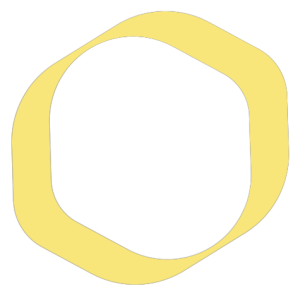- Get directions
- Leave a review
- Bookmark
- Share
- Report
- prev
- next
- Friday, November 29, 2024 @ 12:00 am
The First Affiliated Hospital of Zhejiang University School of Medicine recently held the clinical launch meeting for an expansion of the investigator-initiated clinical trial (IIT) to include relapsed or refractory indolent B-cell non-Hodgkin lymphoma (r/r B-iNHL) as a new indication for Leman Biotech's metabolically armed CD19 CAR-T therapy, Meta10-19 therapy. The clinical protocol focuses on preparing allogeneic CAR-T cells using fully matched or partially matched donor lymphocytes, aiming to provide more patients with timely and high-quality CAR-T therapy.
Relapsed or Refractory Indolent B-cell Non-Hodgkin Lymphoma (r/r B-iNHL)
Indolent non-Hodgkin lymphoma (iNHL), which includes follicular lymphoma (FL), mantle cell lymphoma (MCL), chronic lymphocytic leukemia (CLL), and other variants, is characterized by slow tumor growth and relatively low malignancy. However, these lymphomas have a long natural course with a high rate of relapse, making them challenging to cure completely. While current treatment options can provide remission for some patients, significant challenges remain:
- Relapse and Disease Progression: Approximately 20% of follicular lymphoma (FL) patients experience disease progression within 24 months after treatment, with a five-year survival rate of only 50%.
- Decreasing Treatment Efficacy: As patients experience relapses, the effectiveness of traditional treatments diminishes. For FL patients who have received second-line or higher therapies, the complete response (CR) rate is under 14%, with the median duration of remission (DOR) being less than 13 months.
Given these challenges, there is a significant need for more effective treatments for r/r B-iNHL patients that not only extend survival but also improve their quality of life.
Allogeneic CAR-T Cell Preparation from Fully Matched/Partially Matched Donor Lymphocytes
In patients with relapsed or refractory diffuse large B-cell lymphoma (r/r DLBCL) and those with high tumor burden or who have undergone multiple lines of treatment, creating an effective autologous CAR-T product can be challenging. This is especially true for patients who experience poor blood counts or other conditions that make autologous CAR-T cell collection unfeasible. In such cases, the allogeneic CAR-T cell approach offers a solution by using donor lymphocytes—either fully matched or partially matched—to generate CAR-T cells. This strategy can effectively address the risk of production failure or delays in treatment, ensuring that more patients can benefit from CAR-T therapy in a timely manner.
